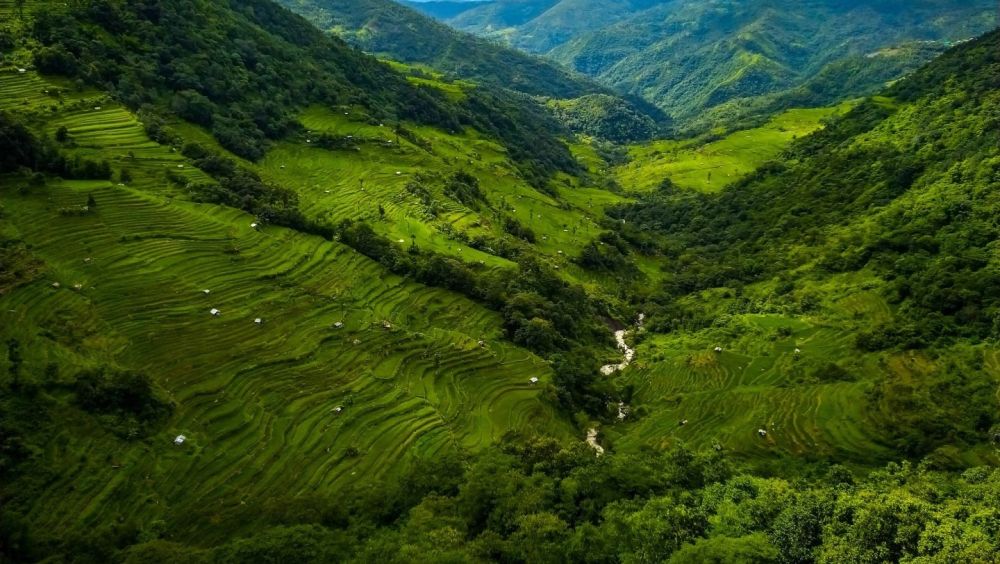

Zanibu Peak, located in the Phek district of Nagaland, has long been a beacon for adventure seekers and nature lovers. The history of tourism in this region is relatively recent, developing alongside the rise in popularity of Northeast India as a unique cultural and ecological destination. The breathtaking vistas from Zanibu Peak, combined with the local hospitality of the Naga tribes, have paved the way for a sustainable tourism model in the area.
The growth of tourism in Zanibu Peak coincides with the increased awareness of Nagaland's vibrant festivals, most notably the Hornbill Festival, which showcases the rich cultural tapestry of the Naga people. This festival has become a magnet for tourists from all around the globe, often serving as an entry point for visitors to explore the natural beauty of the surrounding landscapes, including Zanibu Peak.
Zanibu Peak offers a serene escape into the wild. The trek to the summit is an enchanting experience, with the trail meandering through lush forests and traditional Naga villages. At the top, trekkers are rewarded with panoramic views of the Naga Hills, including a sighting of the majestic Mt. Saramati, the highest peak in Nagaland. Moreover, the peak's proximity to the Dzukou Valley, another crown jewel of Nagaland's natural heritage, makes it a preferred stopover for trekkers and nature enthusiasts.
Recent years have seen a shift in tourism trends at Zanibu Peak towards eco-friendly practices and sustainable tourism. Local communities are increasingly involved in the tourism industry, providing authentic homestays and guiding services. The establishment of community-driven conservation efforts ensures the preservation of the region's biodiversity and cultural integrity.
Additionally, there has been a surge in interest for offbeat travel experiences, with tourists seeking personalized and immersive experiences over traditional sightseeing. Zanibu Peak caters to this growing demand through various activities such as bird watching, cultural exchanges, and agricultural tourism, which allows visitors to learn about and participate in local farming practices.
The undisturbed beauty and the cultural richness of Zanibu Peak continue to attract tourists from near and far. Whether you are looking for an invigorating trek or a peaceful retreat into nature, Zanibu Peak offers an unparalleled experience. As tourism evolves, the commitment to responsible and sustainable practices remains key in preserving this special destination for generations to come.